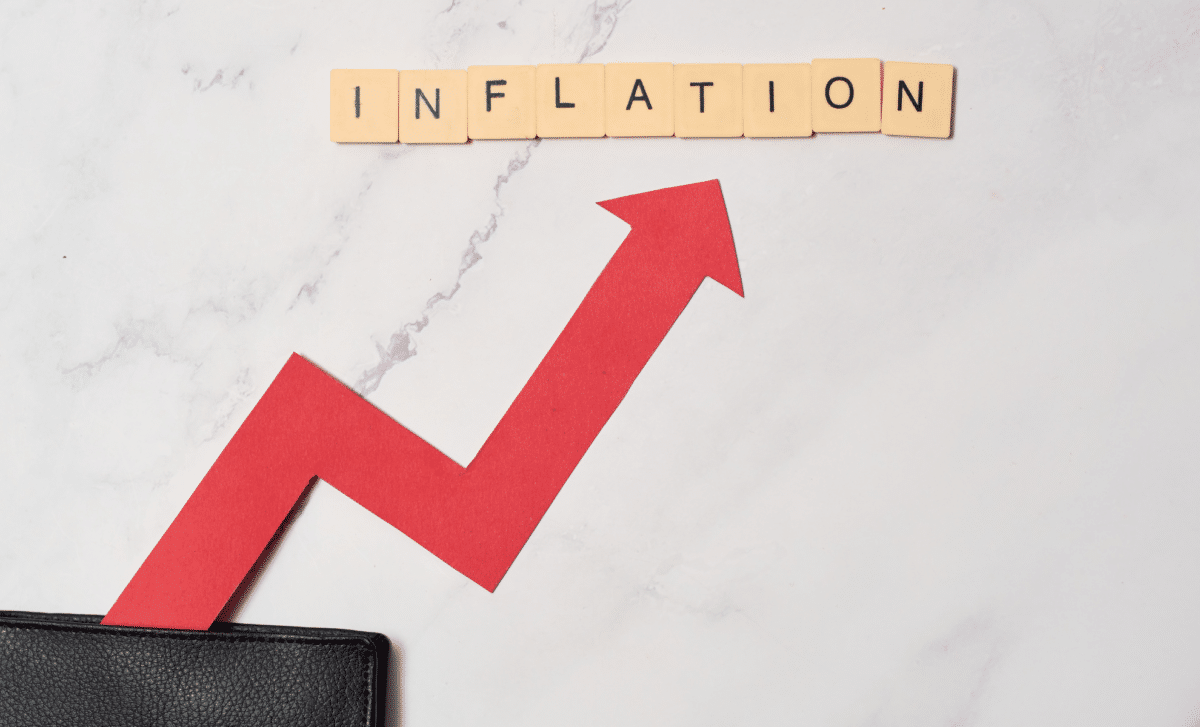The United Kingdom is poised to experience a second consecutive monthly increase in its inflation rate, dealing a setback to expectations of a potential interest rate cut by the Bank of England in the upcoming month.
UK Braces for Soaring Inflation Amid Diverse Predictions and Energy Surge
According to data from Refinitiv, economists are forecasting a second consecutive rise in the UK’s headline inflation rate reaching 4.2% in January, as official figures are set to be unveiled by the Office for National Statistics (ONS) next week.
However, opinions among surveyed economists vary, with predictions ranging from a high of 4.5% to a low of 3.7%. The surge in energy prices, attributed to a new and higher energy price cap implemented on January 1, is a primary driver behind this inflationary trend.
Despite the energy prices in January remaining lover than the previous year, the narrower margin of decrease has lessened its dampening effect on year-on-year inflation figures.
Susannah Streeter, head of money and markets at Hargreaves Lansdown, remarked: “After a dismal December, when the price spiral unhelpfully inched back up to 4%, there are hopes that inflation will jump down in January. Unfortunately, that dream is likely to be wishful thinking.
The development poses challenges for companies and consumers as they grapple with the implications of an extended period of elevated borrowing costs.
Additionally, the upcoming figures will reflect the comparison of falls in specific shopping basket components a year earlier with current price increases.
On a positive note, discounting factors such as the impact of storms and increased homebound activities in January may contribute to limiting the inflationary pressures.
Core inflation figures, excluding food and energy price changes, are closely monitored by Threadneedle Street. Although a slight decrease is expected, the core inflation rate is projected to be 5.0%, a marginal decline from the previous two months where it stood at 5.1%.
Bank of England Anticipates Prolonged High Interest Rates as Core Inflation Remains Elevated
Bank of England Monetary Policy Committee members assert that interest rates will continue to be “restrictive” as long as core inflation stays significantly above the 2% threshold.
Despite the recent decision to maintain interest rates at 5.25%, the central bank experts headline inflation to gradually reach the 2% target in the coming months.
However, challenges lie ahead as a rise in January inflation complicates the path to achieving the target, particularly with changes in energy prices impacting the overall trajectory.
The central bank, emphasizing its commitment to price stability, warned of the likelihood of another rise in the headline inflation rate, potentially resulting is the continuation of the current interest rate stance. Financial markets heavily favour another hold in March, with only a slim 6% chance of a rate cut, indicating a widespread expectation of the Bank maintaining its current position. Market indicators also suggest that the earliest possibility of a rate cut is not likely before June.
Catherine L Mann, a prominent advocate for higher rates within the Bank, recently expressed caution, stating that there might be a larger risk for energy prices rising than falling, contributing to the persistence of inflationary pressures.
The upcoming inflation figures, scheduled for publication on 14 February, coincide with the release of GDP figures, revealing whether the UK experienced a recession at the end of 2023.
This dual disclosure will provide crucial insights into the economic landscape and the potential challenges faced by monetary policymakers.









